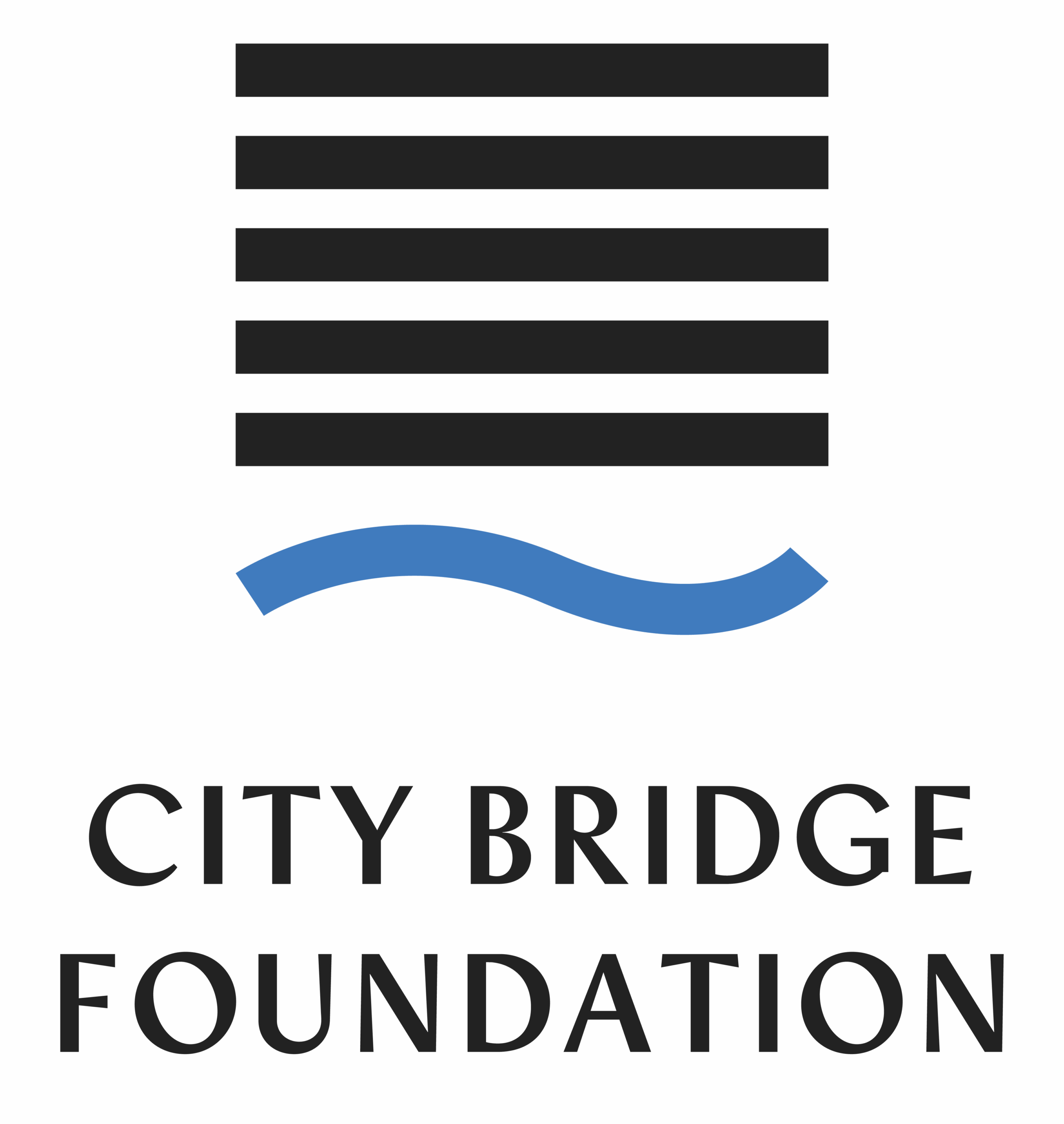The meeting, chaired by Richard Rieser, featured a presentation by David Hitchman from the DfE’s Special Education Needs and Disabilities (SEND) and Alternative Provision (AP) Directorate, School Group, alongside two of his colleagues. The presentation, titled “DfE Update – SEN Unit and Resourced Provision Policy,” provided an overview of the Department’s current work on in-school provisions within mainstream settings, which fall under their remit of promoting inclusive mainstream education.
While the presentation was informative, it reinforced ALLFIE’s serious concern that the DfE has not aligned its understanding of Inclusive Education with a rights-based framework. Our members remain deeply worried about the growing number of special schools and segregated in-school SEN Units being established across the country.
Key Issues
1. Missing Data and Overlooked Inclusive Practice
A key gap in the DfE’s work is the absence of data on Disabled children without Education Health and Care plans (EHCP) in mainstream schools, a group which is likely to be five times larger than the 30,000 pupils currently placed in SEN units or Resource Provisions.
The DfE cannot meaningfully examine “resource bases” or “units” in isolation without understanding the lived experiences and educational outcomes of Disabled children in mainstream schools.
In some schools, resource bases are used flexibly and inclusively, supporting a wide range of pupils to access the curriculum and every aspect of school life. These are examples of good inclusive practice. Yet this success is overlooked in the DfE’s analysis.
Many children receive effective support within mainstream classrooms who, in another setting, might have an EHCP. This shows that inclusive school values and teaching practice, not segregation or labelling, are what make inclusion work.
ALLFIE also questions why 25 years of National Pupil Database data is not being used to understand where children are being educated and the successes.
“There’s evidence from over 9 million pupils – where is it?” asks ALLFIE.
2. DfE’s Framing of Inclusion
The DfE presented examples of SEN units and Resource Provisions but used the terms interchangeably, creating confusion and wrongly implying that SEN units are inclusive. In reality, children with significant impairment labels are increasingly being placed in separate settings – special schools or SEN units with limited or no access to mainstream classrooms and school life.
The DfE’s framework describes a “range” of settings, from highly integrated to highly specialist. This deficit-based language assumes a child’s access to mainstream depends on their impairment, or the level of adaptation required, which contradicts the Social Model of Disability and Article 24 of the UN Convention on the Rights of Persons with Disabilities (UNCRPD).
One positive example cited by the DfE was Kings Academy Secondary in Middlesbrough, where Disabled pupils reportedly spend 90% of their time in mainstream classrooms, with all lessons taught by qualified teachers. This demonstrates what real inclusion looks like when properly resourced and supported.
3. Language, Typology and Accountability
- The DfE blurs distinctions between SEN units and Resource Provisions, wrongly suggesting both are inclusive.
- Many in-school units operate without local authority accountability such as Schools’ Own Unit and Internal AP.
- The DfE does not separate data between pupils in SEN units and those in Resource Provisions (approx. 30,000 pupils total).
- Over 180,000 Disabled children are in special schools, a number that continues to rise.
- Only 1 in 13 mainstream schools has a Resource Provision, severely limiting Disabled children’s choice of mainstream schools.
- Fewer than 1 in 20 schools has any form of in-school provision
- Lack of enforcement of EHCP delivery. Schools must be held accountable, and Ofsted should report on inclusion and segregation.
4. Segregation Vs Inclusion
- There are major differences between segregation, integration and inclusion. How clear is the DfE about these differences and where do they see SEN units and Resourced Provisions on this continuum?
- We argue that SEN Units are a form of segregation, based on the definition in the UNCRPD General Comment 4. Comment 4 states that segregation occurs when the education of Disabled pupils is provided in separate environments designed or used to respond to a particular impairment or to various impairments.
- Young Disabled people are angry that the government is making decisions about them, not with them. Why does the government believe it is appropriate to place Disabled children in segregated units, away from their peers, and deny them the full social experiences of school life?
- Black/Global Majority Disabled pupils are disproportionately excluded or segregated from educational settings. How is the DfE addressing this?
- Which children do the DfE think belong in Resourced Provisions or units? Why can’t these children be educated in a mainstream classroom with appropriate support and adaptations?
- Why are we still waiting for the White Paper?
- Why is language like ‘complex needs’ still used to justify segregation when it has no legal or objective basis?
5. Lived Experience and Inclusion
- An agreed definition of Inclusive Education is essential, in line with Article 24 of the UNCRPD and General Comment 4. Most school’s current resource base is not fully aligned to these principles.
- A Green Paper could be used to test and refine this definition, in consultation with DPO’s and the education sector.
- Policies must incorporate lived experience. Disabled people and families are experts in what works in practice.
- Theoretical guidance alone is insufficient.
- Co-production with Disabled Peoples Organisations at all levels is necessary to ensure inclusive approaches. Only by working together can practical, inclusive solutions be identified and implemented effectively.
6. Workforce Issues
- SEN units are mostly staffed by teachers and teaching assistants, working only within the provision, not across the whole school.
- Rarely do mainstream teachers teach in SEN units.
- There are issues around the recruitment of unqualified teaching assistants and communication support workers (CSWs) for Deaf children and Young people. This practice undermines inclusion and safety.
- Too often, these roles are advertised and paid as unqualified teaching assistant posts, despite requiring a highly specialist skillset.
7. Deaf Children and BSL
- British Sign Language (BSL) is a legally recognised language under the BSL Act 2022.
- Deaf children must have access to qualified professionals with minimum BSL Level 4 and pay between £30,000–£35,000 per year.
- School using unqualified or unskilled teaching assistants and CSW creates safeguarding risks.
- Too often, Deaf children and Young people are wrongly labelled as having “behavioural problems” when, in reality, their needs are simply not being met. These excuses must stop.
- ALLFIE recommend following the Welsh model. In Wales, the Welsh Language Act ensures children learn both Welsh and English equally, making bilingual education a normal part of school life. We could do the same with BSL, where BSL is a shared language between Deaf and hearing pupils. That’s what genuine inclusion looks like.
- We don’t need another round of independent research to tell us what we already know. Deaf children thrive when they can use their own language, and hearing children can easily learn BSL. Instead of spending millions on endless studies, let’s invest in bilingual BSL-medium education.
8. Funding and Provision
“My son, who has Down Syndrome, has just started a mainstream secondary school where we wanted him to be included, as in the general international definition of inclusion. We didn’t want him to be in a unit, so we specifically chose a small school that didn’t have a unit. What has happened is the local authority has not resourced the provision that’s in his EHCP. They grossly underfunded it. As a result, he’s spent his first half term at the school under a table, in a separate room with a Teaching Assistant with no experience, no training, and no qualifications. I’m co-director of Special Needs Jungle; I’ve been working in this space for 10 years now. I’m a pretty much strident advocate, you can imagine. If that’s happening to my child, how are you going to prevent this from happening to other children?” parent of Disabled child asked
- Why have the DfE made the decision to produce non-statutory guidance on units, given that statutory guidance is widely ignored?
9. Work Experience and Skills Development
- Statutory standards for the recruitment, qualification, and development of teaching assistants are essential to ensuring quality, accountability, and equity across all schools.
- In the absence of statutory requirements, schools can employ unqualified and unskilled teaching assistants. This practice places our children and Young people at a serious disadvantage and undermines their educational progress and long-term outcomes.
- Why is there still a lack of quality face-to-face Work Experience Programmes for Young Disabled people?
ALLFIE’s Demands
We expect the forthcoming School’s White Paper on SEND Reform proposals to:
- End segregation in school’s SEN units and non-recognised provisions.
- Ensure inclusion for all Disabled pupils in mainstream education.
- Incorporate lived experience, intersectionality, the Social Model of Disability and the UNCRPD in policymaking and implementation.
- Adopt clear definitions of inclusion, consistent with Article 24 of the UNCRPD.
- Introduce statutory standards for staffing, recruitment, and training of teaching assistants and CSWs.
- Guarantee proper funding and accountability for EHCPs and Resource Provisions.
- Provide quality work experience and skills development opportunities for Young Disabled people.
![ALLFIE [logo]](https://www.allfie.org.uk/wp-content/themes/allfie-2025/assets/img/allfie-logo-original.svg)




